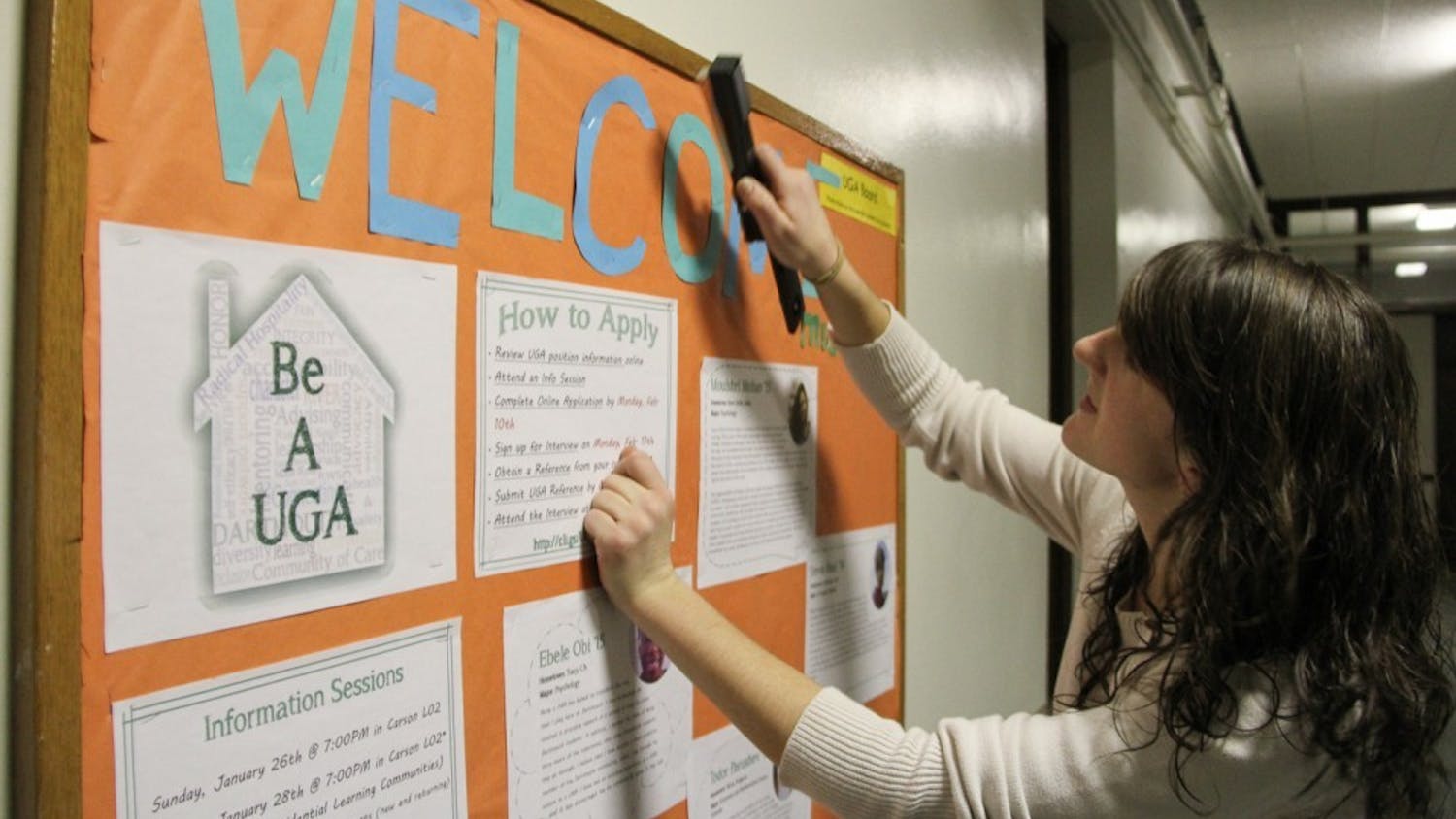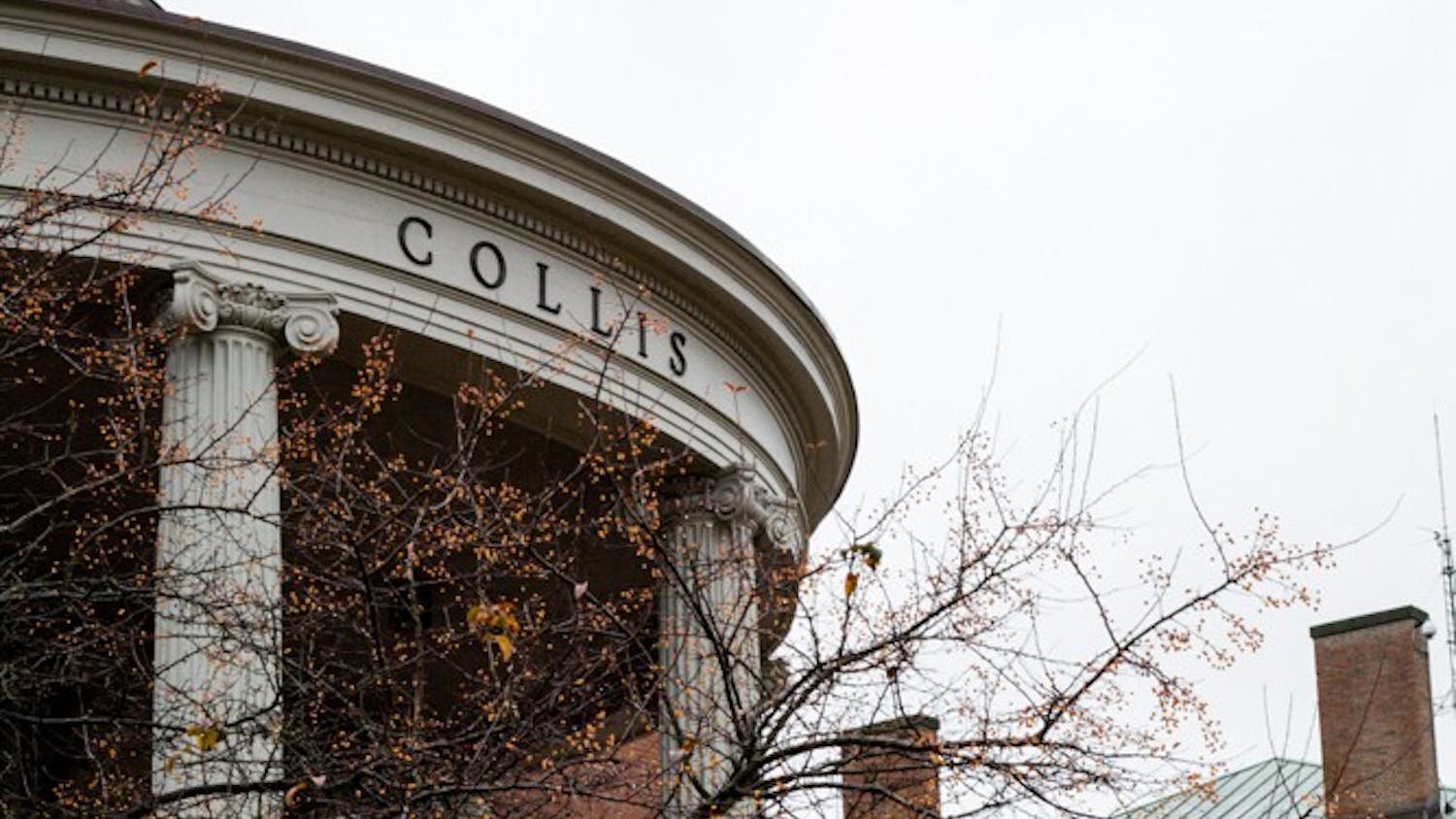Last Feburary, 66 percent of those surveyed said they approved of Obama's work in office, according to a WMUR Granite State Poll. Now, the rating hovers at 48 percent. The percentage of those who disapprove of what Obama is doing in office has risen from 21 percent last year to 47 percent this month.
The dramatic drop in Obama's approval rating over the past year largely stems from the struggling economy, according to Dante Scala, chair of the political science department at the University of New Hampshire and a specialist in campaigns, elections and voting behavior.
In terms of issues that concern New Hampshire voters, "the economy is number one, two and three," Scala said in an interview with The Dartmouth.
In addition to the mounting deficit and rising unemployment, health care reform and U.S. involvement in Iraq and Afghanistan continue to be issues of central concern to voters, according to Joseph Bafumi, assistant government professor at Dartmouth.
"Historically, during midterm elections, people vote more for the party that is not occupying the White House," Bafumi said. "Some of this is a referendum on the president, some of it is ideological balancing, and at the same time people are getting impatient with the slow rate of economic recovery."
In an interview with WMUR, pollster Andrew Smith from the UNH Survey Center said that Obama's first-year approval rating has declined the fastest of any president on record.
Scala also noted the distinct shift in support for Democrats on the national stage.
"This has been the best Republican year and worst Democratic year since 2002," Scala said.
With the pendulum of public opinion swinging to the right, Republicans may have a chance to take power from Democrats, giving the right more control over both state and national policymaking.
"During the Bush years, Republicans lost a lot of credibility on issues like taxes," Scala said. "The door is open for them to make gains because they're not in power. It's a chance to even the playing field."
Polls have shown a more nuanced set of trends in New Hampshire politics, however.
The WMUR poll, which interviewed 500 randomly selected New Hampshire adults between Jan. 27 and Feb. 3, showed that Republican and former New Hampshire Attorney General Kelly Ayotte has a slight lead over Rep. Paul Hodes '72, D-N.H. in the upcoming Senate elections.
Ayotte holds a 7 percent advantage over Hodes in a similar poll of 600 New Hampshire voters conducted by the Daily Kos blog.
According to both polls, Ayotte is leading both Ovide Lamontagne and Bill Binnie, the other Republican candidates.
The Daily Kos poll showed that 57 percent of respondents said they would vote to re-elect incumbent Democratic Gov. John Lynch, while 25 percent said they would consider other candidates and 18 percent said they would vote against him.
While voters may be shifting to the right in reaction to the presidential administration, this strong majority behind the governor highlights New Hampshire's unpredictable political tendencies, according to Scala.
"The Republicans in New Hampshire don't necessarily feel like they're in sync with Republicans nationwide, especially on social issues," Scala said. "The state definitely has a libertarian streak."




